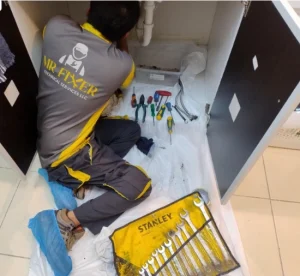The Smart Approach To Handling Elevator Maintenance

In the fast pace of modern buildings, elevators are silent carriers of daily movement. They transport residents, employees, and visitors between floors with quiet efficiency. However, their reliability is never taken for granted. Elevator maintenance determines how dependable a machine remains over the years, and taking a smart approach to it ensures safety, efficiency, and cost control.
Regular inspection schedules:
One of the most effective practices is establishing a clear timetable for inspections. Checking elevators at consistent intervals reduces the risk of unexpected breakdowns. Inspectors look at brakes, cables, doors, and electrical systems to confirm that each part is in proper working order. A steady rhythm of checks prevents disruptions that could otherwise disturb building routines.
The value of preventive action:
Rather than waiting until a lift stops functioning, preventive action keeps it reliable. Replacing worn parts before they fail, monitoring oil levels, or adjusting sensors are simple measures that save time and resources in the long run. A forward-looking approach secures passenger safety and also extends the life of the equipment.
Safety as a priority:
Elevators carry people daily, which makes safety the central factor in maintenance. Emergency alarms, backup power systems, and automatic doors should always be tested during service checks. Paying attention to these elements reduces risks during unexpected events such as power outages. A lift that passes all safety checks reassures passengers and strengthens confidence in the building.
Energy efficiency in servicing:
Elevator maintenance is no longer limited to mechanical parts. Energy efficiency is now a significant concern. Modern servicing includes assessing how much power a system consumes. Adjusting settings, upgrading lighting to LEDs, or adopting regenerative drives contributes to lower energy use. This approach reduces operational costs while aligning with sustainable building practices.
Professional expertise:
Elevators are complex systems, and skilled technicians are essential to maintaining them. These professionals bring technical knowledge that ensures all systems function properly. By working with qualified teams, property owners and managers gain confidence that the elevator continues running safely and reliably over time. Elevator maintenance is a continuous responsibility that influences daily life in any building. A smart approach blends regular inspections, preventive measures, safety checks, energy-conscious servicing, and professional expertise. Together, these elements create reliability and security for everyone who steps into an elevator. By treating maintenance as a proactive practice, buildings remain efficient and trustworthy in the long run.



